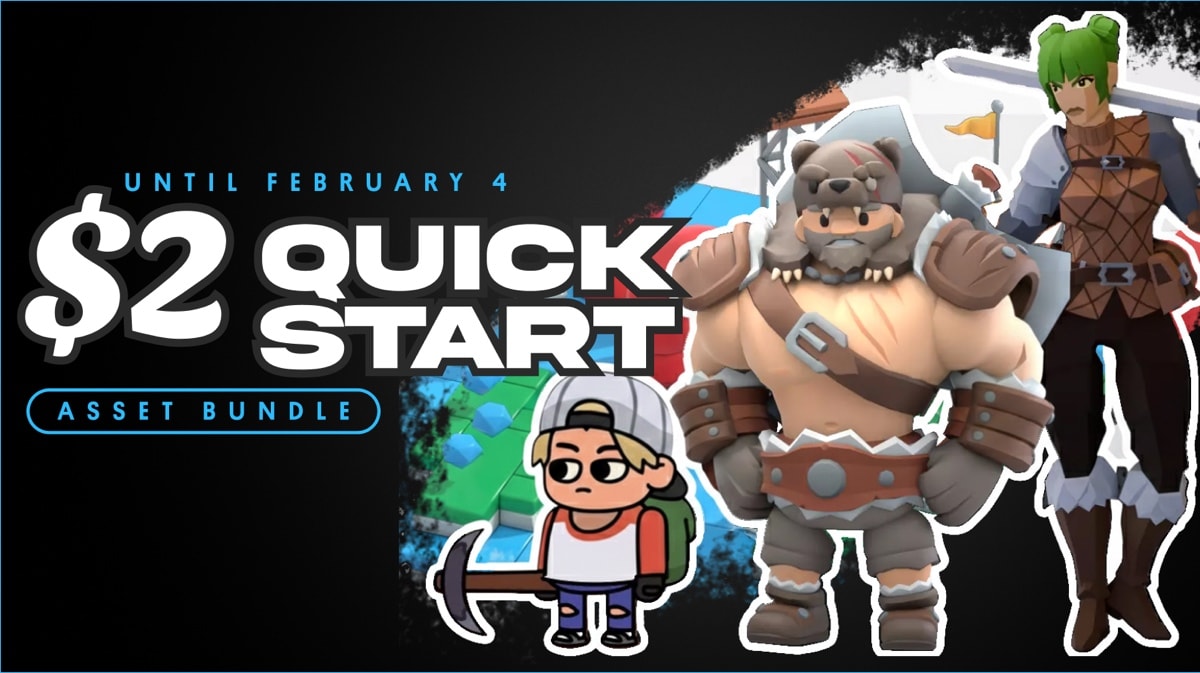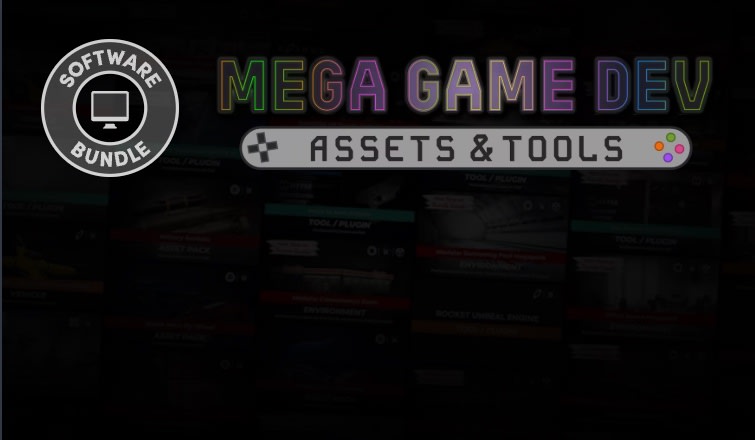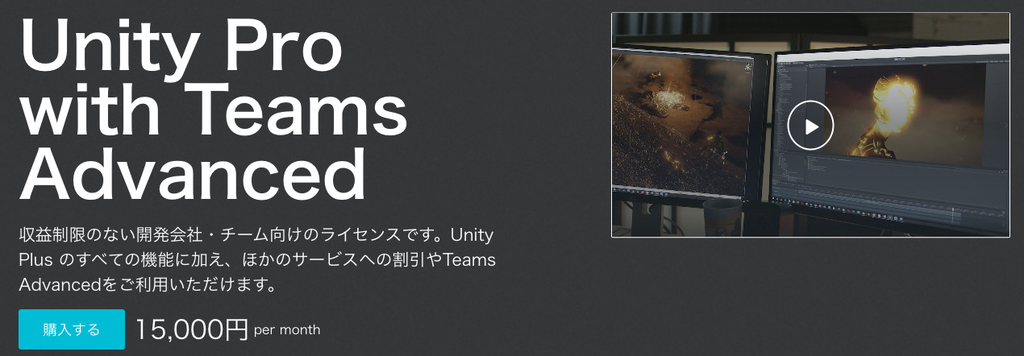
DisplayFab UI Data Binding Display & Instantiation Solution
Techooka Labs
$60.00
Jump AssetStore
DisplayFab is a quick solution to let you bind data, quickly populate/instantiate complex UI and display, format, convert and/or manipulate information on your Unity UI elements - all in just a couple of clicks.
Update: Now supports Unity 2018 and 2019
Eliminate the need to create scripts (and writing code) to quickly instantiate data lists and manipulate data on your UI elements.
If you ever have to populate data and instantiate lots of prefab elements, you can save tons of time by using DisplayFab.
Why DisplayFab?
1. Save Time By using DisplayFab, you can speed up your UI workflow by up to 400%. Now you can focus on designing your UI and game and let DisplayFab do the job of binding data to UI and vice-versa.
2. Click, Drag & Drop, Click. You can display data on your UI elements in as few as four point-and-click steps: Choose your target UIs, choose your source data, link-up the target UI to your source data and Execute it. That's as simple as it gets!
3. Bind & Manipulate Data 2-Way
Starting from Version 1.3 a true 2-way binding is possible with the ability for DisplayFabLinkUp Groups to register notifications. You can then dispatch notifications from your script properties and methods (using a simple SendMessage) to seamlessly update your view - ensuring a true binding model. Check the new 2-Way binding example added to illustrate this new feature.
4. Intuitive Design & Soft Learning Curve : Check out our introductory tutorial examples on YouTube to know how fast you can wire up UI Panels. The video tutorials were made in real-time, with almost no cuts. You would notice that the tutorials are no more than a couple of minutes in length and that's pretty much the amount of time required to get started with your first DisplayFab project.
Core Features:
- DisplayFab Instantiator : Do you have an array/list of data that you want to populate into a list of UI elements? Just add DisplayFab to your list item prefab and you can use DisplayFab Instantiator to automatically pull data from an array or a list between the range you specify and DisplayFab will automatically populate the UI elements with the data, all without writing a single line of code!
- Exposed Variables : Modify certain properties or values upon UI inputs such as button clicks and slider changes by using the power of 'exposed variables'. With unique built-in features to manipulate data such as 'Wrap-around', 'Ping-pong' and 'Stay within range', you can create various types of UI behaviours in a few clicks
- Auto-converters: DisplayFab will automatically convert the most common recognizable types to display the appropriate information on your Unity UIs without requiring you to manually convert the types by scripting . For example, you can display an integer or a float on a Text UI element, without modifying or writing any code for it.
-On-the-fly data formatting: Using the built-in converters, you can format the data to suit your display needs. For example, you can format a number to display with a prefix (such as a '$' symbol), a suffix, or both a prefix and a suffix, using the available built-in converters.
-Extending the auto-converters: You can extend the converters by writing your own converters - as simple or as complex as you wish.
- DisplayFab Event Callback System: With the Unity UI Callback Event System (onClick, onSliderValueChanged etc), you can only invoke functions and properties with primitive types. DisplayFab extends this system to allow you to directly modify Properties and Methods and to pass references and values to them, as opposed to just explicitly defined values. What's more, you can even convert and format data on the fly using the in-line converter.
-Access data from Static Classes, PlayerPrefs, Singletons : Apart from Components and MonoBehaviours in a GameObject (and from a Prefab), you can fetch data from Singletons, PlayerPrefs and Static Classes.
- Access data from Run-time GameObjects : If a GameObject doesn't exist in edit time, you can let DisplayFab pull reference of a gameObject by name, at runtime.
- Cross-platform Compatibility: DisplayFab is designed to work on almost all major platforms that Unity supports.
Some Editor Features include:
- Quick Peek : Lets you peek into the data for a selected source in Edit mode for quick debugging.
- Link-up Groups : Lets you group a bunch of link-ups for convenient execution of more than one source-target links. You can then execute a group using the Unique Group ID or a Unique Group Name.
-Supports existing Unity Event callbacks: You can execute DisplayFab Link-ups using Unity's built-in event callbacks from Buttons, sliders, text fields and more. (The alternative is to use DisplayFab's Event callback system for more customized control as explained above)
This DisplayFab Extension includes many full-fledged examples to get you started.
Links:
DisplayFab Youtube Videos
DisplayFab Website
DisplayFab Documentation
DisplayFab Tutorials
Tech Support Email: displayfab@techooka.com





